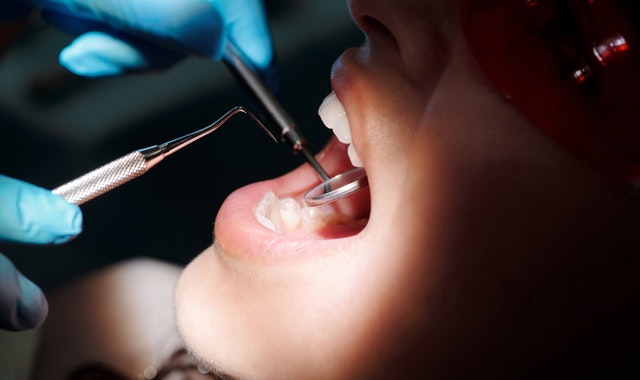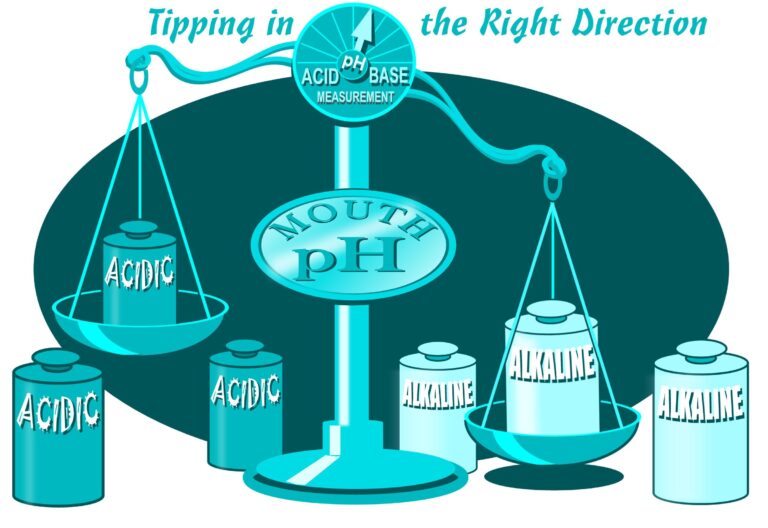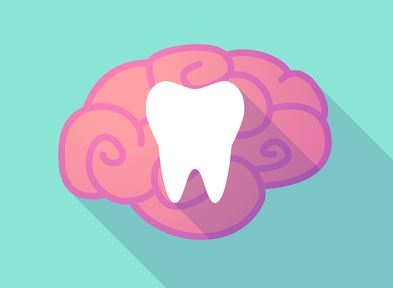Services
Metal-Free Dental Implants
The Standard in Tooth Replacement
Why Choose Metal-Free Dental Implants?
If you’re missing one or more natural teeth, a dental implant may be the best solution. For nearly 40 years, dental implants have been the gold standard for restoring missing teeth. They offer durability, jawbone preservation, and the most natural look and feel compared to other options. Whether through immediate implant placement or delayed placement, we ensure optimal outcomes with our advanced technologies. We even offer Zirconia implant material to prevent galvanic corrosion caused by titanium implants.
Metal-Free Dental Implant Services
Service Features
Leading with innovative solutions
At our practice, we prioritize the use of safe and biocompatible materials for all dental implant procedures. Our advanced technology and techniques ensure optimal outcomes for our patients.
Schedule Today
Contact us to book your dental appointment
Resources
Learn more about how holistic dental practices can improve your overall well-being.






